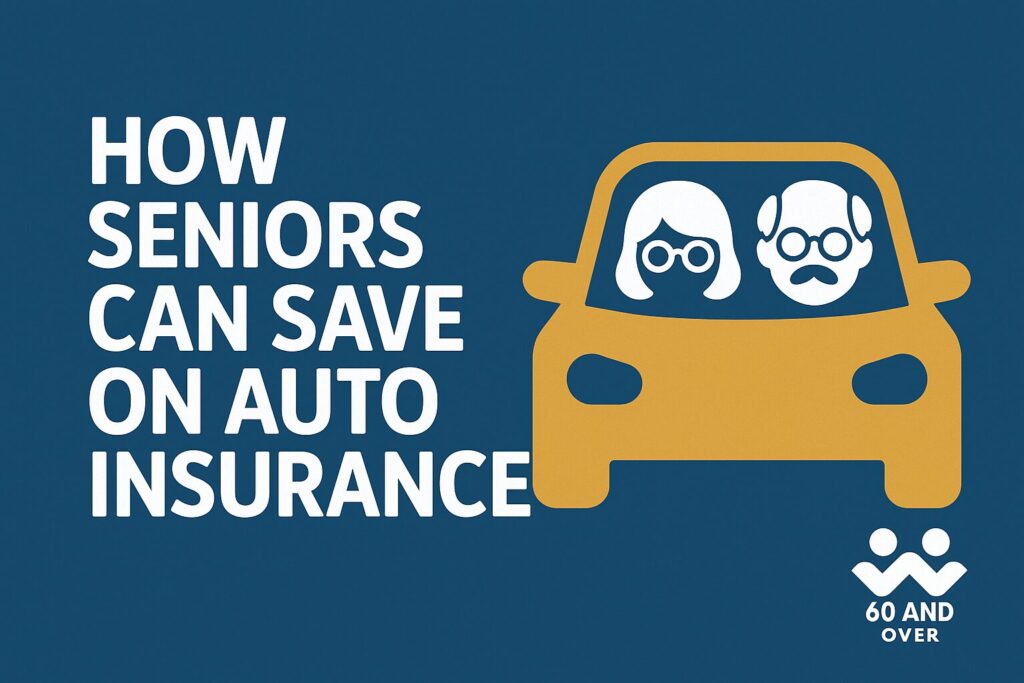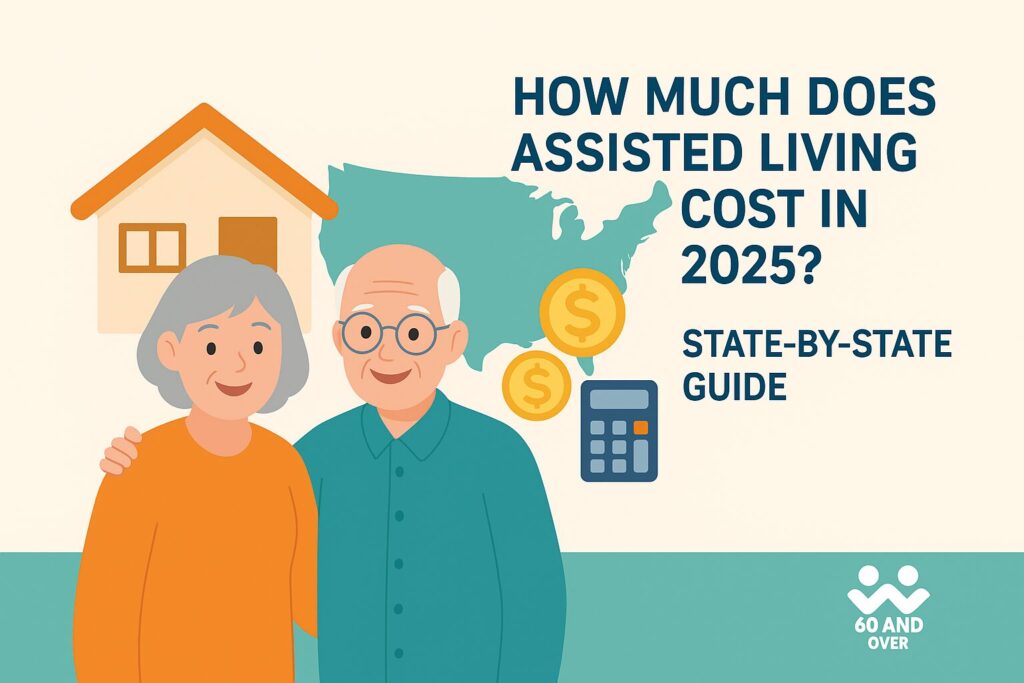Auto insurance can feel like a mystery box, especially when premiums keep climbing year after year. For older adults on a fixed income, these increases aren’t just frustrating—they can impact monthly budgets in a big way. The good news? Seniors have unique opportunities to save money on their auto insurance in 2025 without sacrificing the protection they need. This guide will walk you through everything that matters, from discounts to coverage adjustments, so you can keep more money in your pocket while staying safe on the road.
Why Auto Insurance Costs Change With Age
Insurance companies set rates based on risk factors, and age plays a major role. While drivers in their 60s often enjoy lower premiums than younger drivers thanks to years of experience, rates can start creeping upward in the late 70s and beyond. Insurers worry about slower reaction times, increased accident risk, and higher medical costs after a crash.
That doesn’t mean seniors are out of luck. By understanding the system and being proactive, you can fight back against these increases.
1. Take Advantage of Senior-Specific Discounts
Most insurance companies offer senior auto insurance discounts, but they aren’t always advertised. Here are the most common:
- Mature Driver Discount – Offered to drivers over 55 who complete an approved safe-driving course.
- Low-Mileage Discount – If you drive less than 7,500 miles a year, you may save up to 15%.
- Retiree Discount – If you no longer commute daily, let your insurer know.
- Affinity Discounts – Some insurers offer deals for AARP, AAA, or other membership organizations.
👉 Tip: Always ask your insurance agent to review which senior discounts are available—you may be surprised at what applies.
2. Consider Bundling Policies
If you own a home, condo, or renters insurance policy, you can bundle it with auto coverage. Bundling can shave 5–20% off your premiums.
- Example: A senior couple in Florida saved $250 annually by combining home and auto with one provider.
- Bonus: Fewer bills to manage each month.
3. Adjust Coverage Levels Thoughtfully
Not every driver needs full coverage. Seniors with older cars that are fully paid off might consider switching to liability-only insurance if the vehicle’s value is low.
Questions to ask yourself:
- Would I replace this car if it were totaled tomorrow?
- Is the cost of full coverage higher than the car’s resale value?
Reducing unnecessary coverage can save hundreds per year, but always keep enough liability coverage to protect your assets.
4. Raise Your Deductible (If Comfortable)
If you can afford to pay more out-of-pocket after an accident, raising your deductible from $500 to $1,000 can lower premiums by up to 15%.
But be careful: Don’t raise your deductible beyond what you can realistically pay in an emergency.
5. Drive Less and Report It
Many seniors naturally drive fewer miles after retirement. If you’re no longer commuting daily, make sure your insurance company knows.
Some carriers even offer pay-per-mile insurance—ideal for seniors who use their car only for errands, doctor visits, or short trips.
6. Choose the Right Vehicle
The car you drive matters as much as your age. Seniors can save by choosing vehicles with strong safety features and lower repair costs.
Best cars for lower premiums in 2025 (senior-friendly):
- Toyota Camry
- Honda CR-V
- Subaru Outback
- Ford Escape
Cars with advanced safety tech (lane assist, automatic braking) often qualify for additional discounts.
7. Keep Your Driving Record Clean
Accidents and tickets raise premiums quickly. Seniors who maintain a clean driving record can lock in lower rates for years.
If your reflexes aren’t what they used to be, consider taking a refresher driving course. Not only will it help keep you safe, but insurers often reward it with discounts.
8. Shop Around Every Year
One of the biggest mistakes seniors make is staying loyal to one insurer for too long. Rates fluctuate, and what was cheap two years ago may no longer be the best deal.
Use online comparison tools—like the Auto Insurance Comparison Tool on 60AndOver.net—to instantly see if you can save money with another provider.
9. Ask About Accident Forgiveness
Some companies offer accident forgiveness policies, which prevent your rates from skyrocketing after your first at-fault accident. Seniors, who often go years without accidents, can benefit greatly from this add-on.
10. Improve Your Credit Score
Yes, credit history affects auto insurance rates in most states. A higher credit score signals financial responsibility, which insurers link to lower risk. Paying bills on time, reducing debt, and checking your credit report for errors can help lower premiums over time.
What Seniors Should Avoid
- Dropping essential coverage – Liability-only may not be enough if you own a newer car.
- Ignoring policy updates – Insurers add new discounts all the time.
- Letting coverage lapse – Gaps in coverage can lead to higher rates later.
Key Takeaway
Seniors aren’t powerless when it comes to rising auto insurance costs. With the right strategies—discounts, smart coverage choices, and comparison shopping—you can take control of your premiums in 2025.
Before renewing your policy, try the free Auto Insurance Comparison Tool at 60AndOver.net. It’s designed to be senior-friendly, quick, and private. In just a few clicks, you’ll see real estimates and uncover savings opportunities.





